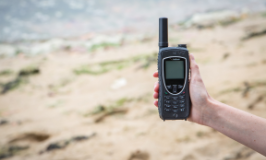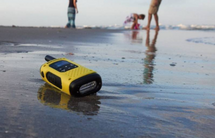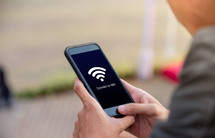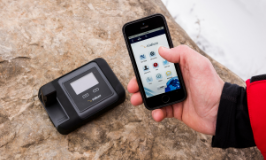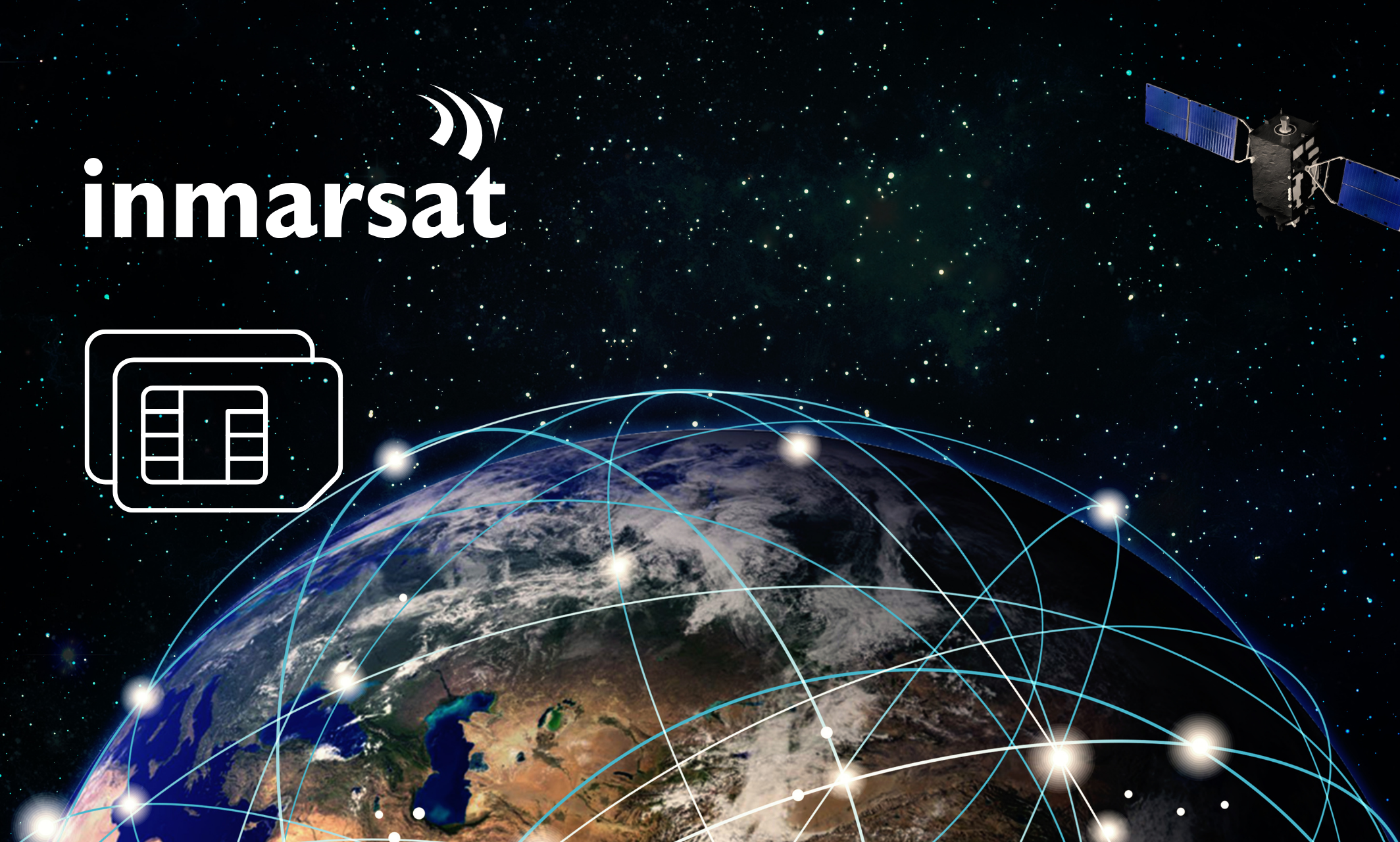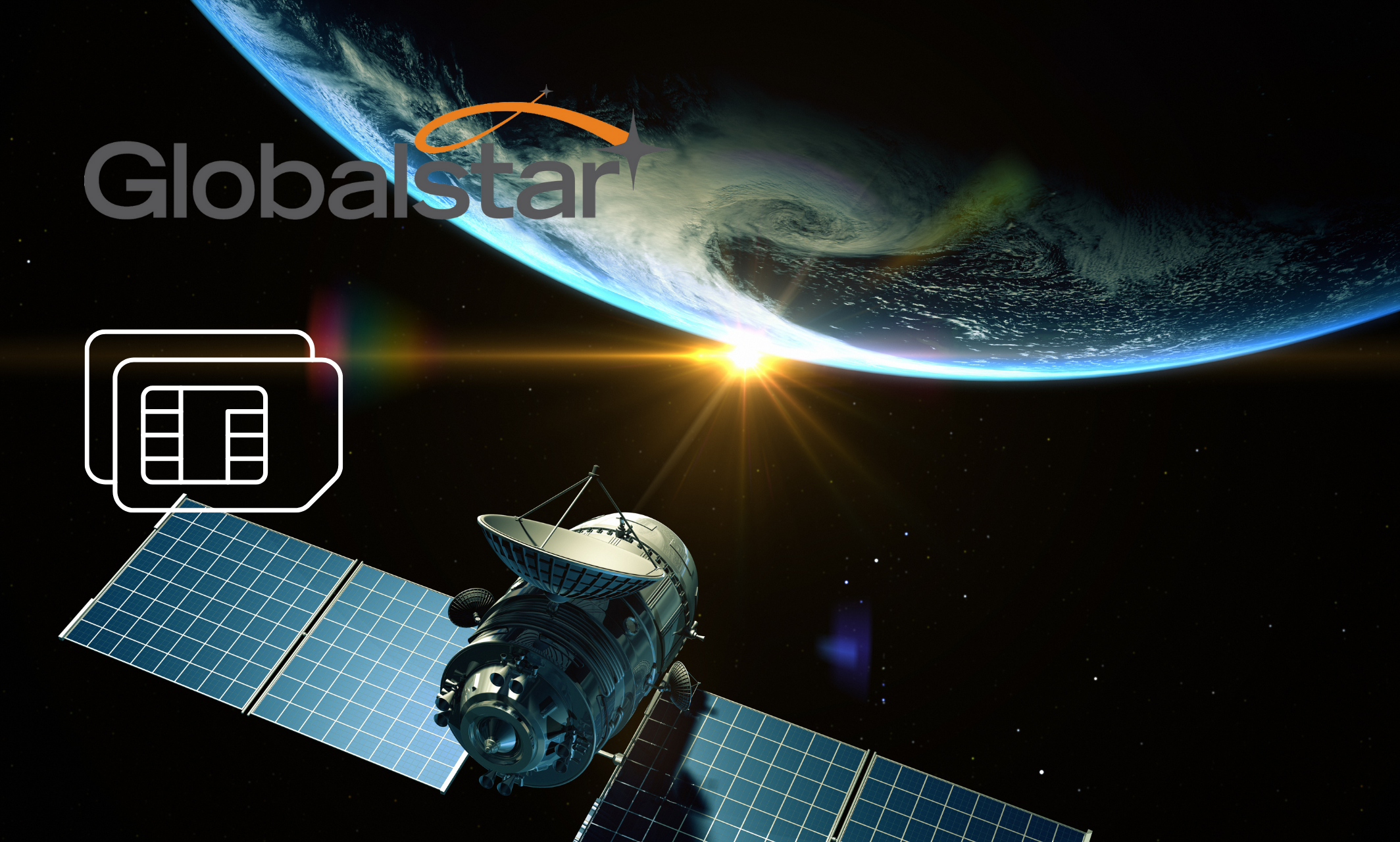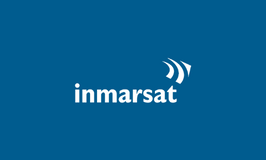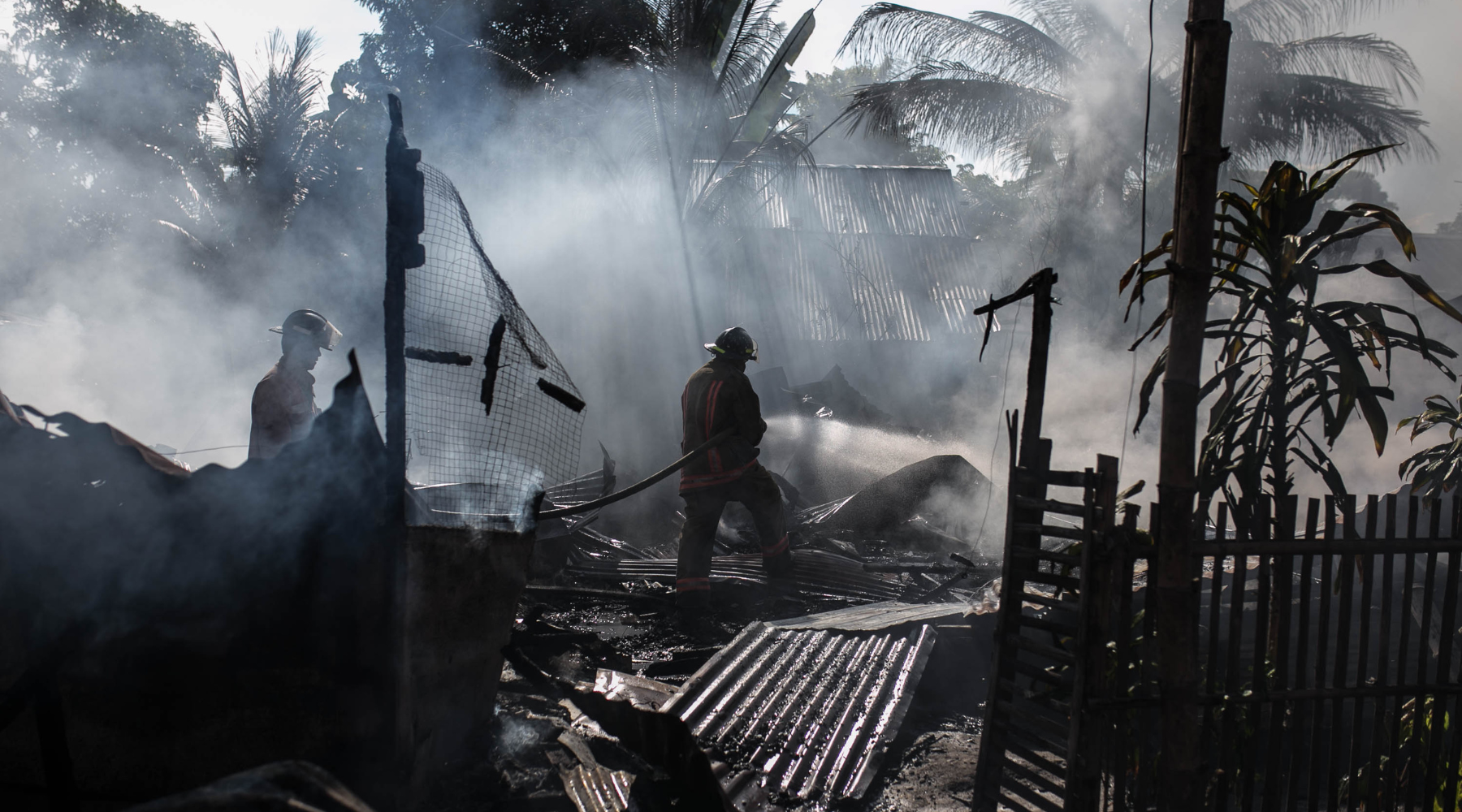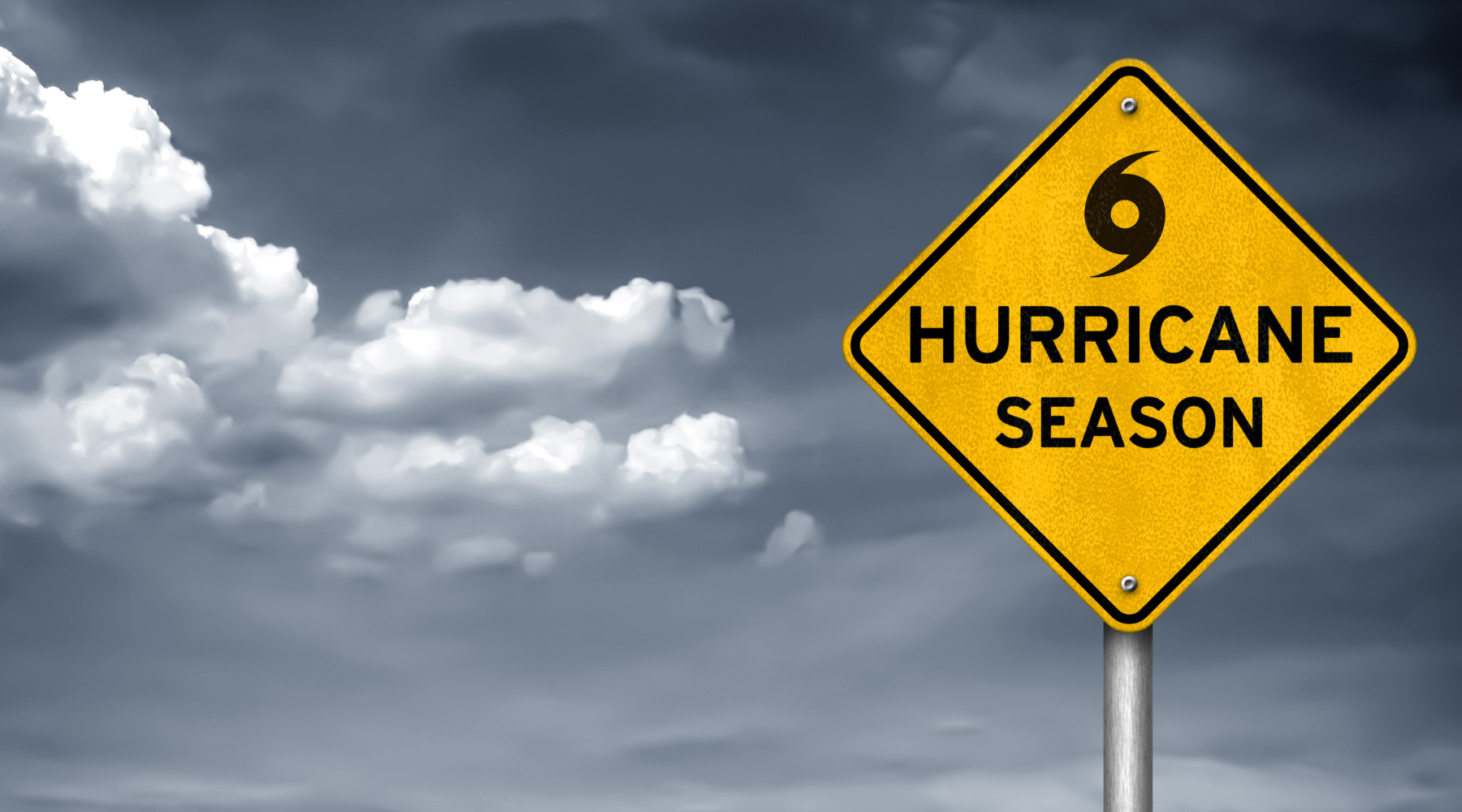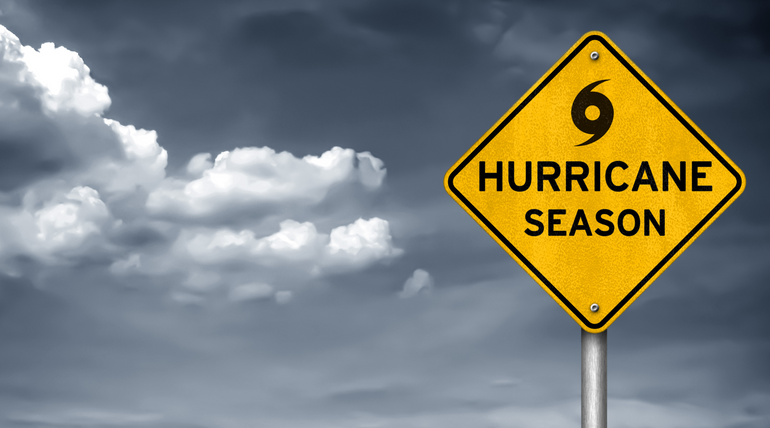Exploring the Role of Satellite Phones in Emergency Preparedness
Introduction: Crucial Role in Emergency Preparedness
Satellite phones are indispensable assets in emergency preparedness and response due to their global coverage and reliability. Unlike conventional cell phones, which rely on ground-based towers that can be easily disrupted during disasters, satellite phones connect directly to satellites orbiting the globe, ensuring connectivity even in remote or disaster-stricken areas. This global coverage extends across oceans, deserts, and polar regions, making satellite phones the communication tool of choice for expeditions, remote workers, and emergency responders operating in challenging environments. Not only this but their reliability shines during a crisis; satellite networks are engineered to withstand extreme conditions, ensuring consistent communication capabilities during hurricanes, earthquakes, or other catastrophic events. This resilience is crucial for maintaining vital communication links when terrestrial networks fail or become overwhelmed. Furthermore, satellite phones offer communication redundancy, serving as a backup when traditional infrastructure is compromised, allowing emergency responders, government agencies, and affected individuals to coordinate relief efforts, request assistance, and stay connected with loved ones. Their portability and quick deployment make satellite phones invaluable assets for immediate response efforts, providing a lifeline in times of crisis.
Advantages Over Traditional Cellular Networks
Satellite phones present a comprehensive set of advantages over traditional cellular networks, particularly evident in emergency scenarios. Their biggest advantage lies in their unparalleled global coverage, capable of reaching remote corners of the planet and areas where traditional cellular infrastructure is absent or impaired. This expansive reach ensures connectivity during a natural or man-made disaster, facilitating communication when it's needed most. Additionally, satellite networks exhibit a high degree of reliability, as they aren't susceptible to the vulnerabilities of ground-based infrastructure. In times of disaster, when terrestrial networks may falter due to damage or overload, satellite phones remain steadfast, providing essential communication channels. Moreover, they offer redundancy, serving as a critical backup when traditional networks fail, ensuring that vital lines of communication stay open for emergency responders, relief organizations, and affected individuals. This redundancy is vital for maintaining communication links amidst chaos, enabling swift coordination of rescue efforts and dissemination of critical information. Overall, the robustness, global coverage, and redundancy of satellite phones make them indispensable tools in emergency preparedness and response.
Applications in Emergency Preparedness
Emergency preparedness is essential for satellite phones in various scenarios and applications:
- Natural Disasters: Satellite phones are crucial during natural disasters such as hurricanes, earthquakes, floods, and wildfires, where terrestrial communication infrastructure may be damaged or overwhelmed. They enable communication for emergency responders, relief organizations, and affected individuals, facilitating coordination of rescue efforts and dissemination of critical information.
- Remote Expeditions: Satellite phones are indispensable for adventurers, explorers, and researchers embarking on expeditions to remote or wilderness areas where traditional cellular networks are unavailable. In case of emergencies such as injuries, accidents, or getting lost, satellite phones provide a lifeline for requesting assistance or evacuation.
- Maritime and Aviation: Satellite phones are vital for maritime and aviation industries, ensuring communication with vessels and aircraft operating in remote or oceanic regions beyond the reach of terrestrial networks. They support safety and emergency communications, including distress calls, navigation updates, and coordination with rescue services.
- Military Operations: Satellite phones play a critical role in military operations, providing secure and reliable communication channels for troops deployed in remote or hostile environments. They enable commanders to maintain contact with units, coordinate maneuvers, and request reinforcements or support during combat or humanitarian missions.
- Humanitarian Aid: Satellite phones are essential for humanitarian organizations responding to crises and disasters in remote or underserved areas with limited infrastructure. They facilitate communication between aid workers, local authorities, and international agencies, supporting the delivery of emergency assistance, medical supplies, and logistical support to affected populations.
Iridium Extreme® Satellite Phone: Choosing the Right Satellite Phone
When selecting the right satellite phone, the Iridium Extreme® Satellite Phone offers a robust option with several key features to consider. Firstly, assess your specific needs and usage scenarios. Evaluate factors such as where you'll be using the phone — whether it's remote wilderness, maritime environments, or disaster zones — along with the frequency of use and desired functionalities. The Iridium Extreme® Satellite Phone, known for its rugged design and global coverage, is suitable for harsh environments and offers reliable connectivity worldwide.
Next, consider the phone's features. The Iridium Extreme® boasts an array of capabilities, including GPS tracking, an emergency SOS button, and military-grade durability, making it suitable for various applications, from outdoor adventures to military operations. Assess whether these features align with your requirements and if they provide the necessary functionality for your intended use.
Additionally, evaluate the phone's subscription plans and satellite phone price. Investigate the coverage areas, data plans, call rates, and any additional fees such as activation or roaming charges. Ensure that the chosen plan meets your communication needs without incurring excessive costs.
Best Practices for Using Satellite Phones in Emergencies
- Familiarize Yourself: Before an emergency arises, familiarize yourself with the operation of your satellite phone, including how to place calls, send messages, and activate emergency features like the SOS button.
- Keep It Charged: Regularly charge your satellite phone and carry spare batteries or a portable solar charger if possible. Ensure that your phone is always ready for use during emergencies.
- Check Signal Strength: Regularly check the signal strength indicator on your satellite phone to ensure you have a strong connection. Position yourself in an open area with a clear line of sight to the sky for the best signal reception.
- Prioritize Communication: During emergencies, prioritize communication for critical needs such as contacting emergency services, coordinating with family or team members, and obtaining important information updates.
- Share Your Location: If possible, enable the GPS tracking feature on your satellite phone to share your precise location with emergency responders or trusted contacts. This can expedite rescue efforts and aid in your location if you're lost or injured.
- Stay Calm and Clear: When placing emergency calls, remain calm and provide clear and concise information about your situation, location, and any assistance needed. Speak slowly and clearly to ensure that your message is understood.
- Use Text Messages: In situations with limited signal strength or when voice calls are impractical, consider sending text messages instead. Text messages can often be transmitted more reliably than voice calls in challenging conditions.
- Activate SOS Feature: If facing a life-threatening emergency, activate the SOS feature on your satellite phone. This sends a distress signal along with your GPS coordinates to emergency responders, initiating a rescue operation.
- Stay Updated: Keep yourself informed about weather conditions, evacuation notices, and other relevant information using your satellite phone's internet browsing capabilities or by receiving updates via text messages or email.
- Maintain Privacy and Security: Exercise caution when discussing sensitive information over the phone, as satellite communications can be intercepted. Use encryption features if available and avoid disclosing personal or confidential information unless necessary.
Conclusion:
Satellite phones serve as indispensable tools in emergency preparedness, offering global coverage, reliability, and communication redundancy in times of crisis. Their ability to operate independently of terrestrial infrastructure makes them invaluable for maintaining vital communication links when traditional networks fail or become overwhelmed. Whether used by emergency responders, adventurers in remote locations, or individuals facing natural disasters, satellite phones provide a lifeline for coordinating rescue efforts, seeking assistance, and staying connected with loved ones. By incorporating satellite phones into emergency preparedness plans, individuals and organizations can enhance their resilience and ensure communication continuity in the face of adversity, ultimately saving lives and mitigating the impact of disasters.
As always, our team of experts at OSAT is here to help. So, if you need any advice about satellite phones, contact us via:
- Email: info@osat.com
- Phone: +1 305 560 5355
Other Articles
Satellite Communications in Hurricane Preparedness...
Posted On April 25, 2024 By Guy Arnold | 17 min. read
As hurricane season approaches, residents of places such as Florida...
read moreConvenience at Your Fingertips: The...
Posted On March 22, 2024 By Guy Arnold | 22 min. read
Introduction When it comes to lone working or remote travel,...
read more
